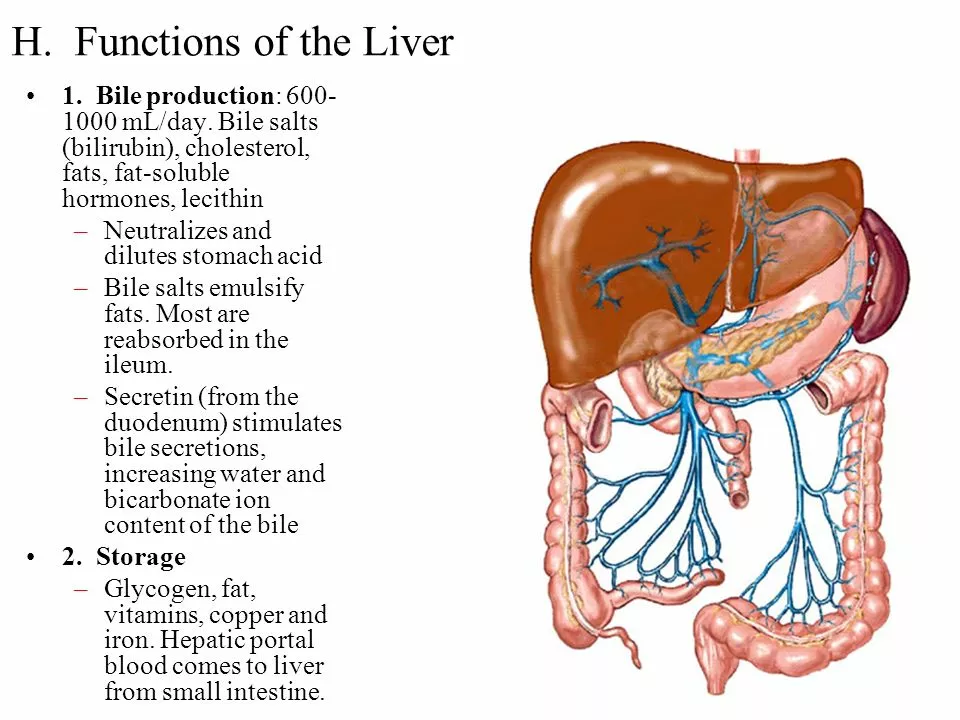If a blood test flagged your liver on the report, you probably want clear facts — not scary words. This page explains what common liver tests mean, why results can be off, and what medicines or supplements commonly change liver readings. Read this before you panic or start stopping medications on your own.
Doctors usually look at ALT and AST (liver enzymes), alkaline phosphatase (ALP), GGT, bilirubin, albumin and sometimes INR. High ALT or AST suggests liver cell stress or injury. High ALP and GGT point more to bile flow problems. High bilirubin causes yellow skin or eyes. Low albumin or a high INR can mean the liver’s synthetic job is affected.
Mild enzyme bumps (one to two times the top of normal) are often reversible and come from medicines, alcohol, fatty liver, or a recent infection. Very high values, or enzyme rises with jaundice or belly pain, need same-day medical attention.
Some prescription drugs can raise liver tests. Think statins, certain antibiotics, antimycobacterial drugs (like isoniazid), methotrexate, and some anticonvulsants. Over-the-counter acetaminophen (paracetamol) can damage the liver in high doses or with alcohol. Always check your pill bottles and tell your clinician everything you take.
Herbal and dietary supplements matter too. High-dose green tea extract, kava, bodybuilding supplements, and niacin have been linked to liver harm in some people. 'Natural' doesn’t always mean safe. If you use supplements, bring labels to your appointment so your provider can check ingredients and doses.
What you can do now: stop alcohol, avoid extra acetaminophen, and don’t start or stop prescription meds without asking your doctor. If your doctor asks for follow-up tests, get them — patterns over weeks tell a lot more than one reading.
At an appointment bring a list of all drugs, supplements, recent travel, alcohol use, and any symptoms (fatigue, dark urine, pale stool, belly pain, itching). Questions to ask: Which tests should repeat, could my meds be the cause, do I need imaging (ultrasound or FibroScan), or a hepatitis test?
If you have chronic conditions (diabetes, obesity, high cholesterol), small lifestyle steps help liver health: lose weight slowly if needed, be active, and follow your medication plan. For anyone on long-term drugs known to affect the liver, periodic monitoring is normal and wise.
Worried about a specific drug or supplement? Search our site for drug guides and safety posts, or use this tag to find articles that explain how particular meds and supplements interact with liver function. If results look worrying, contact your healthcare team — quick action often prevents bigger problems.

As a blogger, I recently came across an important topic regarding Topiramate and its effects on liver function. Topiramate is a medication commonly used to treat epilepsy and migraines, and it's crucial for patients to understand its impact on the liver. Research has indicated that Topiramate can cause mild to moderate elevations in liver enzymes, which might indicate liver damage. However, most cases are reversible, and severe liver injury is considered rare. It's essential for patients taking Topiramate to monitor their liver function regularly and consult their healthcare provider if any concerns arise.
